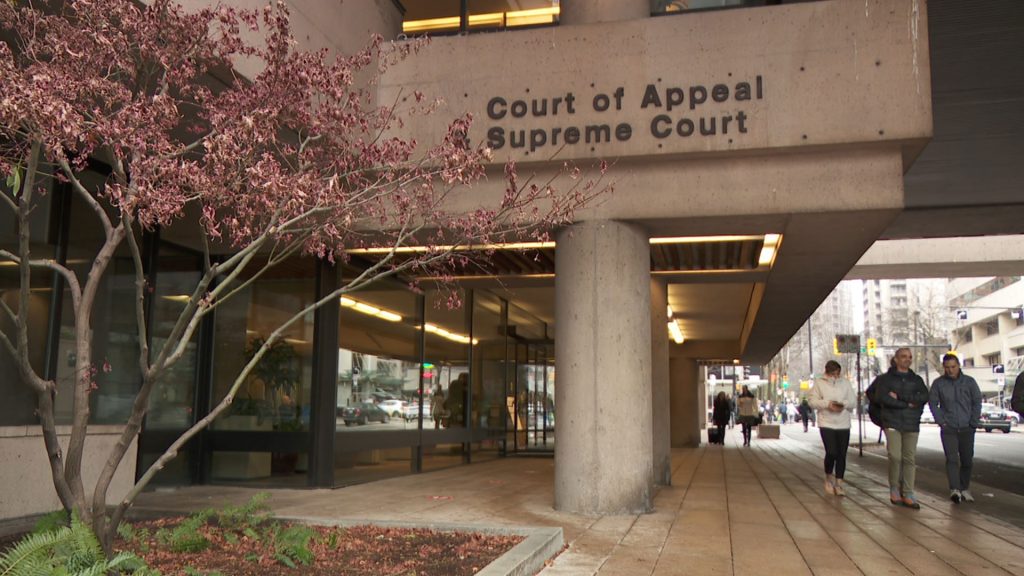
We’suwet’en land defenders have applied to the British Columbia Supreme Court for stay of charges in criminal contempt case against the attorney general of British Columbia and Costal Gaslink Pipeline.
A dozen Wet’suwet’en defendants have signed on to an application alleging an “abuse of process.” According to a press release, the court applications highlight the RCMP’s “disproportionate and excessive use of force” against peaceful land defenders during a series of raids by a unit of the RCMP called the Community-Industry Response Group, or C-IRG, in November of 2021.
“Society is rightly concerned with how a special unit of RCMP (C-IRG) acts with impunity, using racist language and violence against unarmed [I]ndigenous women. Now it’s in the courts hands to decide if this is still acceptable in 2023,” says Sleydo’ Molly Wickham, spokesperson for the Gidimt’en Checkpoint and one of the 12 defendants seeking a stay of criminal contempt charges.
The applications allege that arrestees were denied their right to security of person, subjected to unreasonable search and seizure, arbitrarily detained and imprisoned, and denied reasonable bail without just cause.
“The RCMP/CIRG’s enforcement tactics impaired the Applicant’s individual Charter rights, but the police misconduct also displays a systemic disregard for Indigenous rights and sovereignty and the Charter more generally,” say the court documents obtained by APTN News.
“The events underlying the criminal contempt allegations before this Court took place in the fall of 2021, but Wet’suwet’en sovereignty over its territories has a much longer history.” say Wet’suwet’en defendants.
The court filings argue that the police raid must be considered in the larger context of Wet’suwet’en governance and historical resistance to invasions of its unceded territory.
The court documents detail the way the territorial boundaries for Wet’suwet’en have been maintained through secret meetings after the banning of the potlach or feast hall governance structures.
None of the claims have been proven in court.
In a 2020 Memorandum of Understanding (MOU), the governments of Canada and British Columbia recognized the Wet’suwet’en hereditary system as “a legitimate government with title” to 22,000 square kilometres of unceded land.
The MOU recognizes that Wet’suwet’en rights and title are held by Wet’suwet’en Houses under their system of governance.
In April of 2021 the province of British Columbia announced that it was providing Wet’suwet’en hereditary chiefs with $7.22 million in a three-year funding agreement to support work to implement Wet’suwet’en title and rights.
In a press release, B.C. says that money will be used to support Wet’suwet’en governance, engage in unity-building activities and facilitate ongoing discussions.
Later that same year, Mike Farnworth, minister of public safety and solicitor general called on the Wet’suwet’en hereditary chiefs and everyone involved in a blockade of the Morice River Forest Service Road to resolve the situation peacefully.
APTN has previously reported on the pipeline conflict.
The press release from the Gidimt’en Checkpoint Camp say that the RCMP have repeatedly undertaken large scale, violent invasions of Wet’suwet’en traditional territories and have established a sustained campaign of surveillance, intimidation, and harassment.
This campaign is the subject of a separate lawsuit by Wet’suwet’en members.
The Narwhal and photojournalist Amber Bracken have also announced a lawsuit against the RCMP, alleging wrongful arrest, detention and a violation of freedom of the press as protected by the Charter.










